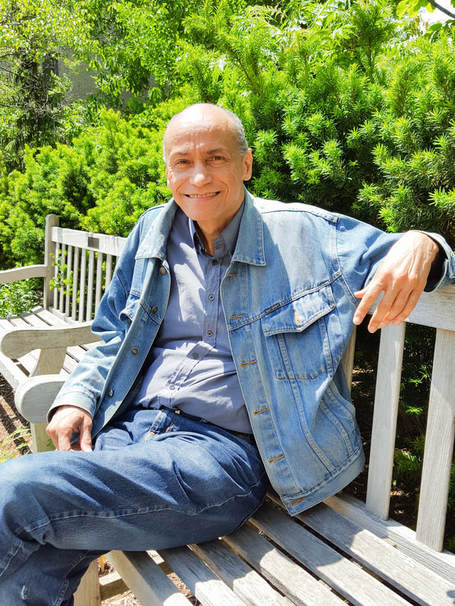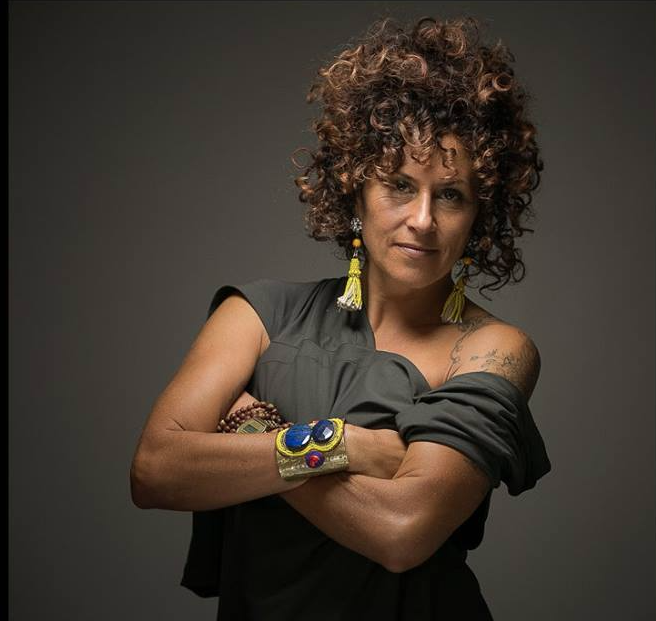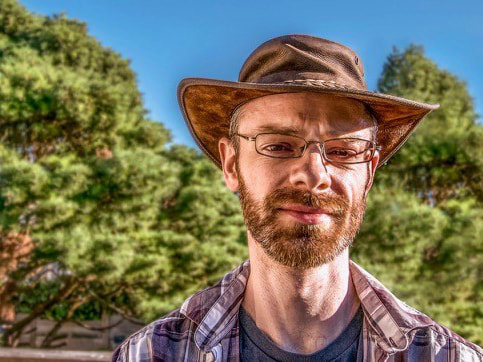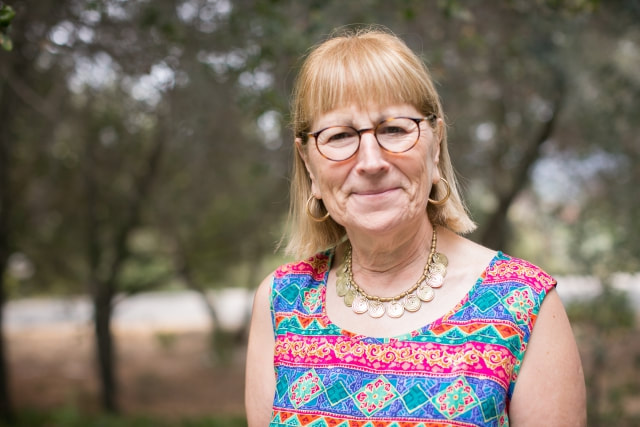The social life of time: power, discrimination and transformation
The 1st Temporal Belongings International Conference
Supported by the Wellcome Trust
5th - 7th June 2018, Edinburgh, Scotland
The 1st Temporal Belongings International Conference
Supported by the Wellcome Trust
5th - 7th June 2018, Edinburgh, Scotland
Charles W. Mills
|
Racial Time
If human history has been characterized by numerous systems of domination, racial domination is usually depicted as distinctively tied to modernity. European expansionism either brings race into existence or, at the very least, greatly consolidates its shaping power over people's lives. In this paper, I will look at the consequences for what could be termed the racialization of time, both in its material and its representational aspects: particular temporal regimes and particular temporal imaginaries. Charles W. Mills is a Distinguished Professor of Philosophy at the CUNY (City University of New York) Graduate Center. He works in the general area of oppositional political theory, with a particular focus on race. Mills is the author of numerous journal articles and book chapters, and six books: The Racial Contract (1997); Blackness Visible: Essays on Philosophy and Race (1998); From Class to Race: Essays in White Marxism and Black Radicalism (2003); Contract and Domination (with Carole Pateman) (2007); Radical Theory, Caribbean Reality (2010); and Black Rights/White Wrongs: The Critique of Racial Liberalism (2017)
|
jackie sumell
|
Time in Solitary (Gardens)
Slavery did not end in 1865; it evolved. The 13th Amendment includes an exception to the abolition of slavery for those ‘duly convicted of a crime’. US prisons are filled with people of colour ‘duly convicted of a crime’ at a rate 7.8 times higher than their white counterparts. Of the 2.2 million incarcerated persons in US prisons today, more than 80,000 are subjected to indefinite solitary confinement, the practice of isolating a prisoner for 23-hours per day in a 6’x9’ cell. Solitary confinement has been defined as torture by human rights watchdogs across the world. The effects of solitary confinement on health are grave: alienation, atrophied imagination, dehumanization. These regimes of imprisoned consciousness are mirrored in the psycho-social and physical well-being of oppressed communities throughout the US. In a society whose imaginary is crippled by personal and collective trauma, it is important to illustrate not only what is wrong with this system of injustice, but also what is possible in a future made present. |
jackie sumell is a multidisciplinary artist inspired most by the lives of everyday people. Her work speaks to both traditional artist communities and those historically marginalized by structural racism. Ms. sumell's work has been exhibited extensively throughout the US and Europe. She has been the recipient of several residencies and awards including, 2017 ABOG Fellowship, 2016 Robert Rauschenberg Artist-As-Activist Fellowship, 2015 Eyebeam Project Fellowship, and 2008 Akademie Solitude Fellowship. An ardent public speaker and prison abolitionist, sumell has lectured in Colleges and Universities around the US including UC Berkeley (BAMPFA), RISD, ZKM Karlsruhe, and as keynote for the National Prisoner Advocacy Conference 2014. Her collaborative work with Herman Wallace, The House That Herman Built, is the subject of the Emmy Award Winning documentary Herman's House, screened to a national audience on PBS in 2013. jackie’s work explores the intersection of creative practices, mindfulness studies, social sculpture, and the principles of The Black Panther Party for Self Defense. Her path has been greatly shaped by the wisdom and compassion of Herman Wallace, Albert Woodfox, Robert King, Mwalimu Johnson, Malik Rahim, Norris Henderson, geronimo jijaga & all those who continue to struggle against an unjust and oppressive prison system.
Paul Huebener
|
Telling Stories About Time: Toward a Critical Literacy of the Temporal Imagination
We encounter an endless stream of narratives every day, whether these take the form of novels and poems, or advertisements, news articles, and political statements. Every one of these stories tries to socialize us into shared forms of cultural time, giving shape to the unequal configurations of power, discomfort, violence, and pleasure that define our temporal experiences. From radical Indigenous poetry to children’s fiction, from debates over the speed of oil pipeline assessments to the strange politics of the ancient epoch when the Arctic was a hot alligator swamp — this talk will offer a response to the stories of time that surround us all, advocating for critical time studies as an evolving collection of tools for analytical reading. In a world where time itself is a shifting form of cultural power fuelled by narratives of all kinds, we are compelled to develop a critical literacy of the temporal imagination. |
Paul Huebener is an assistant professor of English at Athabasca University, Canada. Through investigating how time operates socially as a tool of power, his research reveals how literature and other imaginative responses can help us develop temporal literacy. His book Timing Canada: The Shifting Politics of Time in Canadian Literary Culture was a finalist for the 2015 Gabrielle Roy Prize. He is also a co-editor of two volumes on time and globalization. His latest project investigates how ecological temporalities, and the cultural narratives through which we understand them, appear at risk of breaking down.
Judy Wajcman
|
The Digital Architecture of Time Management
There is a widespread assumption that digital technologies are radically altering our perception of time: that we live too fast, that time is scarce and that the pace of everyday life is accelerating beyond our control. The iconic image that abounds is that of the frenetic, technologically tethered, iPhone-addicted citizen. Paradoxically, digital devices are seen as both the cause of time pressure as well as the solution. This talk will argue that while there is no temporal logic inherent in technologies, artifacts do play a central role in the constitution of time regimes. We make time with machines. I will illustrate this argument by exploring the vision of ‘intelligent’ time management that drives the design of digital calendars. Drawing on interviews with software engineers, I will argue that the shift from print to electronic calendars embodies a longstanding belief that technology can be can be profitably employed to control and manage time. This belief continues to animate contemporary sociotechnical imaginaries of what automation will deliver. In the current moment, calendars are increasingly conceived of as digital assistants whose behavioural algorithms can solve life’s existential problem – how best to organise the time of our lives. I conclude that calendars are emblematic of a longstanding but mistaken belief, hegemonic in Silicon Valley, that automation will deliver us more time. |
Judy Wajcman is the Anthony Giddens Professor of Sociology at the London School of Economics, and a visiting professor at the Oxford Internet Institute. She has published widely on the social shaping of technology, work and employment, and gender theory. Her recent books include Pressed for Time: The Acceleration of Life in Digital Capitalism (Chicago, 2015) and, with N. Dodd, The Sociology of Speed: Digital, Organization, and Social Temporalities (OUP, 2017). For more information, visit her faculty website: http://www.lse.ac.uk/sociology/whoswho/academic/wajcman.aspx
|




